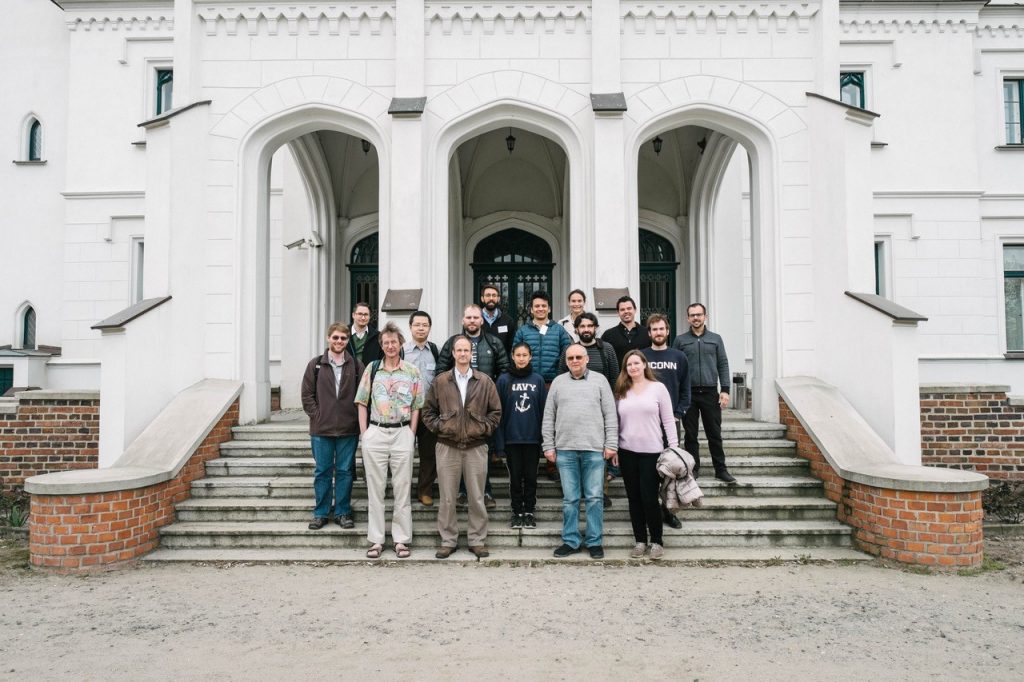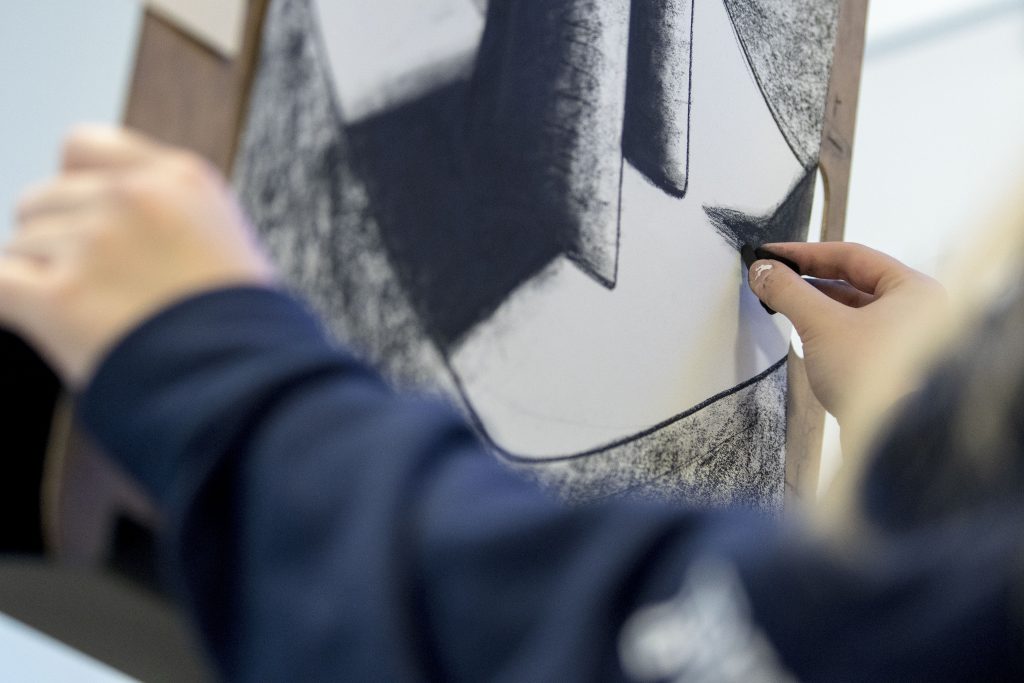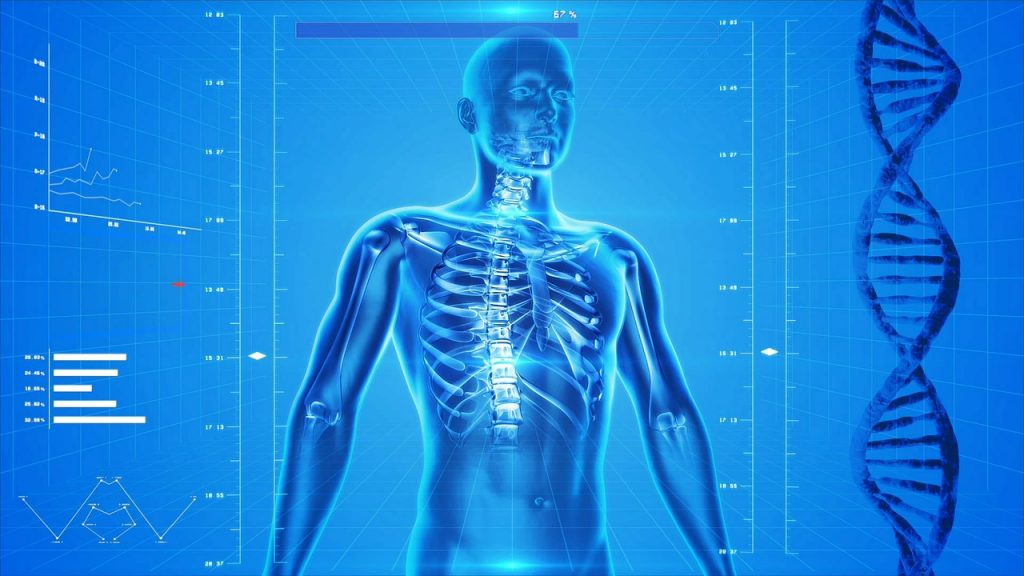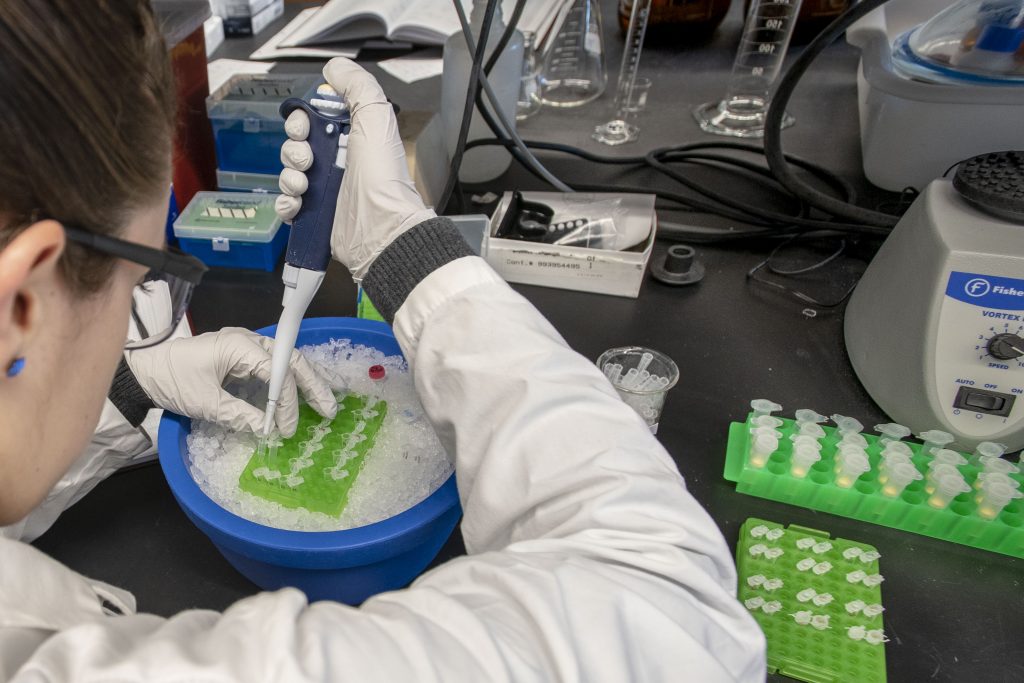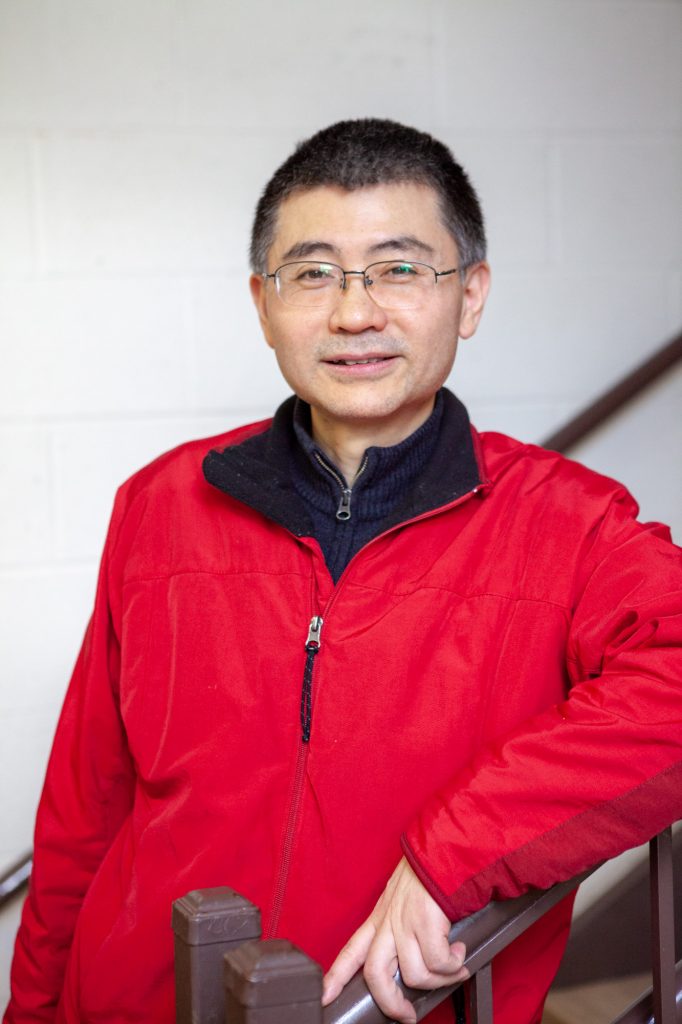
Executive Director, Office of Communications
Jessica McBride, PhD
Dr. Jessica McBride is the Executive Director of the Office of Communications at UConn's College of Agriculture, Health and Natural Resources. She is responsible for developing and implementing communications and marketing strategies to highlight the College's unique research strengths, outstanding academic offerings, and extensive community impact. An alum, Jessica earned her Ph.D. from UConn in 2017.
Author Archive
Meet the Researcher: Nora Madjar, Management
Nora Madjar has devoted her career to studying how creativity and negotiation can get employers and employees the best deal.
July 11, 2019 | Anna Zarra Aldrich '20 (CLAS), Office of the Vice President for Research
Combined Computing: New Grant Tackles Major Topics in Theoretical Mathematics
UConn mathematics professor, Damir Dzhafarov, has received an NSF Focused Research Group (FRG) grant to to strengthen the connections between two prominent branches of theoretical mathematics: computability theory and combinatorics.
July 8, 2019 | Anna Zarra Aldrich '20 (CLAS), Office of the Vice President for Research
Smart Minds Talk about the Smart Grid
The Grid Modernization Summit held recently at UConn's Eversource Energy Center brought together industry leaders, regulators, and researchers to discuss how our new electricity needs – from electric vehicle charging stations to storm readiness in the face of climate change – tax our existing infrastructure and to begin to consider solutions.
June 18, 2019 | Jessica McBride, PhD
Power in Numbers: NSF Grant Helps Researchers Attend International Mathematics Conference
UConn researcher, Vasileios Chousionis, won an NSF grant to help 15 US mathematical scientists travel to Poland for a prestigious conference of dynamics and related fields.
June 14, 2019 | Anna Zarra Aldrich '20 (CLAS), Office of the Vice President for Research
OVPR Announces Inaugural Arts & Humanities Awards
OVPR SCHARP awards aim to support innovative works of scholarship and creative activities in the arts and humanities.
June 12, 2019 | Jessica McBride, PhD
Meet the Researcher: Beth Taylor, Kinesiology
Beth Taylor is a lifelong runner and she is someone who has been lucky enough to turn her passion for exercise and health in to a career in kinesiology. Taylor is an associate professor of kinesiology at the University of Connecticut and director of exercise physiology research in Cardiology at Hartford Hospital. After graduating from […]
June 10, 2019 | Anna Zarra Aldrich '20 (CLAS), Office of the Vice President for Research
Meet the Researcher: Beth Taylor, Kinesiology
Beth Taylor is a lifelong runner and she is someone who has been lucky enough to turn her passion for exercise and health in to a career in kinesiology. Taylor is an associate professor of kinesiology at the University of Connecticut and director of exercise physiology research in Cardiology at Hartford Hospital.
June 10, 2019 | Anna Zarra Aldrich '20 (CLAS), Office of the Vice President for Research
New $2.8M Grant Looks at Bioinformatics and Bone Health
A team of University of Connecticut researchers has received a $2.8 million grant from the National Institutes of Health for a five-year project studying how a variety of genes impact bone health.
June 5, 2019 | Anna Zarra Aldrich '20 (CLAS), Office of the Vice President for Research
OVPR Announces Inaugural Therapeutics Awards
PATH is a partnership that includes the OVPR, the School of Pharmacy, and the School of Medicine to accelerate the translational pathway for researchers to convert their discoveries to new medical therapeutics.
June 4, 2019 | Jessica McBride, PhD
A Gas Sensor That Can Take the Heat
UConn professor, Yu Lei, has patented an improved gas sensing technology for use in industrial applications.
May 30, 2019 | Anna Zarra Aldrich '20 (CLAS), Office of the Vice President for Research



